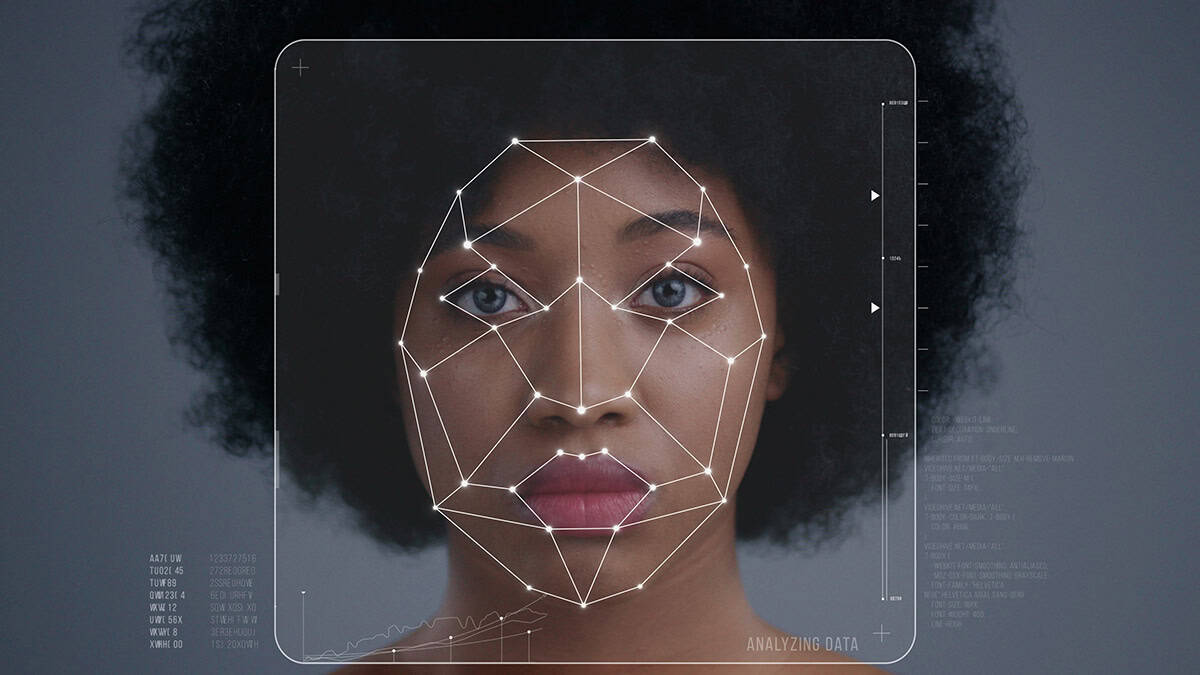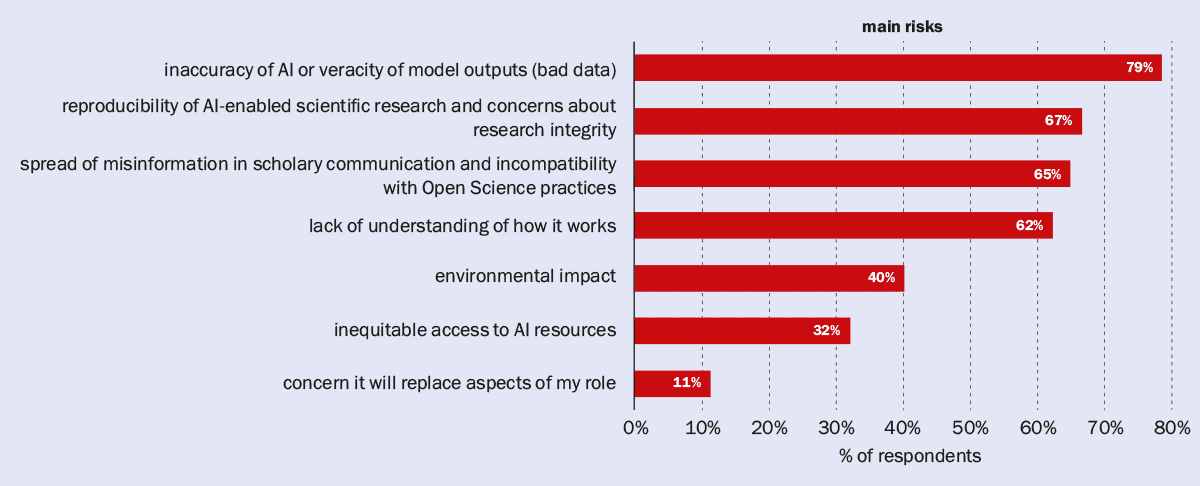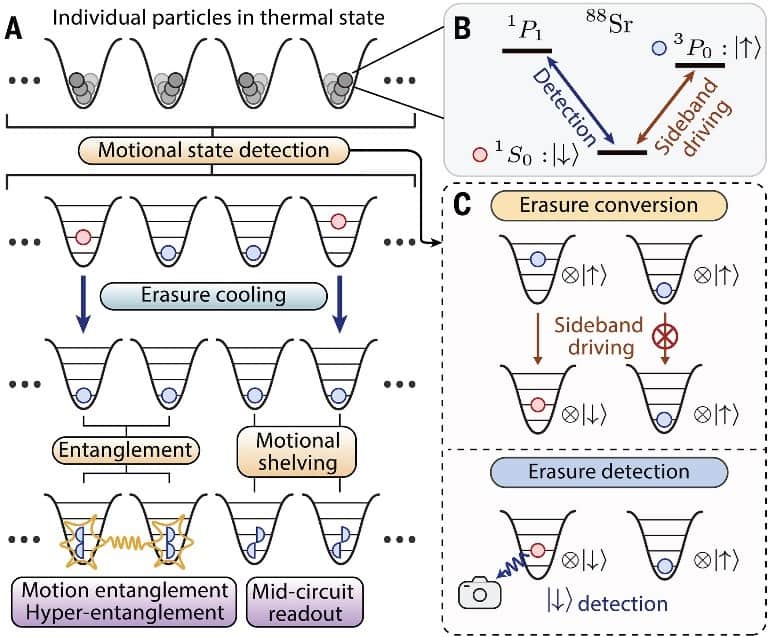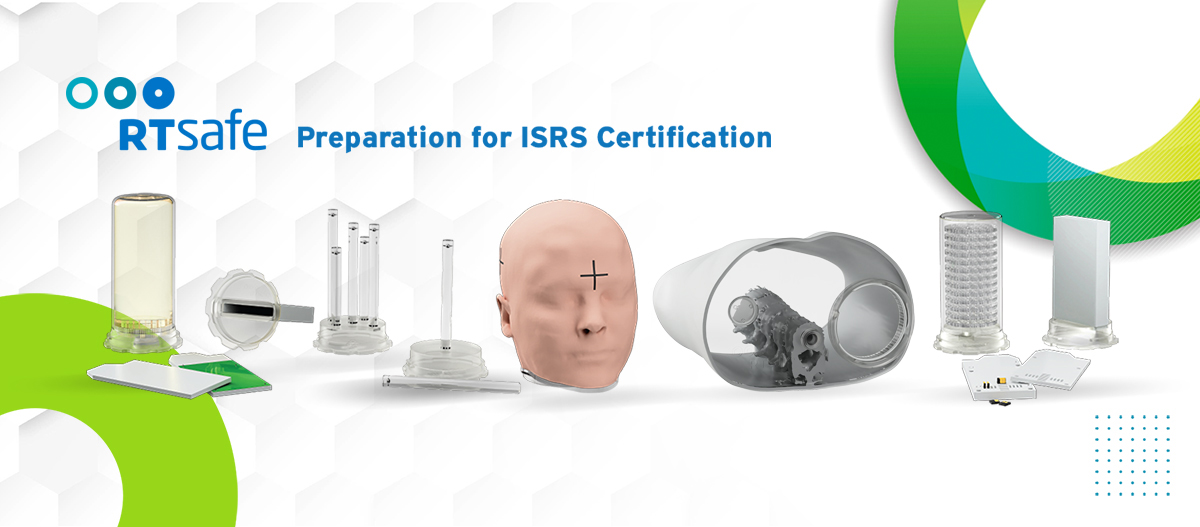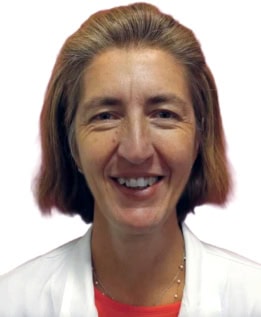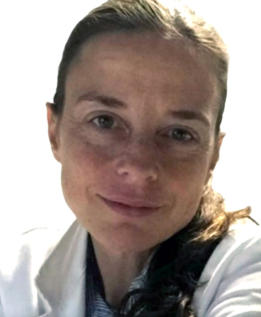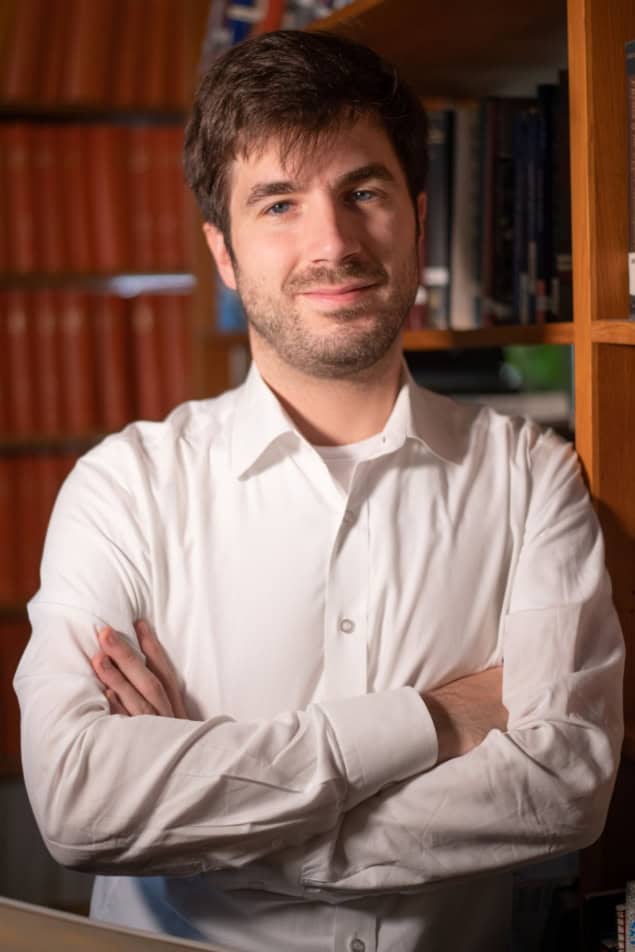Not sure what to do with your physics degree? Our expert panel give their careers advice
Studying physics can so busy and stressful that deciding what you should do after graduating is probably the last thing on any student’s mind. Here to help you work out what to do next are four careers experts, who took part in an episode of Physics World Live earlier this year. They all studied physics or engineering – and have thought long and hard about the career opportunities available for physics graduates.
The four experts are:
- Crystal Bailey, director of programmes and inclusive practices at the American Physical Society (APS);
- Tamara Clelford, a physics consultant currently leading a review of the Chartered Physicist standard at the Institute of Physics, which publishes Physics World;
- Araceli Venegas-Gomez, chief executive and founder of quantum education company QURECA;
- Tushna Commissariat, features editor of Physics World, who edits the annual Physics World Careers and APS Careers guides.
The career options for physicists are wide but can also seem overwhelming – so what advice do you have for people starting out on their career journey today?
Crystal Bailey: Finding a fulfilling career means trying to find something that matches your values. I don’t just mean what you’re interested in or what you like – but who you are as a person. So the first step always starts with self-assessment and self exploration, exploring what it is you really want from your life.
Do you want a job that has good work-life balance? Do you want something with a flexible schedule? Or do you want to make money? Making money is a very righteous and noble thing to want to do it – there’s nothing wrong with that. But when I give careers talks and ask the audience if they’ve asked themselves those questions, almost nobody raises their hand
So I encourage you to reflect on a time when’ve you been really happy and fulfilled. I don’t just mean were you doing, say, a quantum-mechanics problem, but were you with other people? Were you alone? Were you doing something with your hands, building something? Or was it something theoretical? You need to understand what will be a good match for you.
After you’ve done that self-assessment and understand what you need, I advise you do “informational interviews”, which basically involves getting in touch with somebody – online or in person – to ask them what they do day-to-day. What advice do they have? Where’s their sector going?
You’ll get real insider knowledge and, more importantly, it’ll help you build your network – especially if you follow-up, say, every six months to thank them for advice and update them of your situation. It’ll keep that relationship fresh and serve you later when you’re actually looking for jobs in a more targeted way.
Tamara Clelford: You need to understand what it is you enjoy. Are you a leader or do you like to be managed? Do you prefer to be told what to do? Do you like working in a team or working alone? Are you theoretical or more experimental? Do you prefer research or the real world? Maybe you just want to work with, say, aeroplanes, which is a perfectly valid reason to do so.
You also need to ask yourself where you want to work. Do you want to work in a big company, a medium-sized firm, or a small start up? I began in a large defence company, where I could easily switch jobs if something wasn’t the right fit. But in a big firm you often get taken off work as priorities change, so I now work for myself, which is fabulous.
Araceli Venegas-Gomez: The hardest thing is finding out what you like. Your long-term goal might be to get rich or have your own company. Once you work that out, you’ll need a short-term plan. It’ll probably change but having a plan is a great start. Then ask yourself: are you good at it? That self-assessment – understanding your skills and talents – is really important.
Next, find out what companies are there. Create a LinkedIn profile. Talk to people. Expand your network. Go to careers events. Do mock interviews – maybe not for your dream job but to help you learn how to do them. Learn how to do a CV and apply for jobs. Use all the resources available to you.
Tushna Commissariat: My advice is don’t leave your job search until just before you graduate. Start looking at internships and summer jobs as early as you can. I recall interviewing one physicist who sent an e-mail to NASA and got an internship at the age of 15. But on the other hand, remember that even if you land your perfect job, it might not work out, and its always okay to change your mind.
Our expert panel

After getting interested in science at high school, Crystal Bailey majored in electrical engineering at the University of Arkansas in Fayetteville but soon realized that “physics was the most beautiful thing ever” and did a PhD in nuclear physics at Indiana University in Bloomington. A chance encounter with someone who was in her Morris-dancing group led to Bailey working as career-programme manager at the American Physical Society, where she now serves as its director of programmes and inclusive practices.
Having declared aged five that she wanted to be a nuclear physicist, Tamara Clelford eventually studied physics and astrophysics at the University of Sheffield in the UK. She has a PhD in antenna design and simulation from Queen Mary, University of London. After a year teaching physics in secondary schools, Clelford then spent a decade working as an antenna engineer in the defence industry. Following a short spell in a start-up, she now works as a freelance physics consultant in the aerospace sector.
Araceli Venegas-Gomez always wanted to work in science or technology and studied aerospace engineering at the Universidad Politécnica de Madrid, before getting a job at Airbus in Germany. However, she always had a passion for physics and in her spare time did a master’s in medical physics via distance learning. After taking an online course in quantum physics at the University of Maryland, Venegas-Gomez did a PhD in quantum simulation at the University of Strathclyde, UK. Her experience of business and academia led her to set up QURECA in 2019, which offers resources, careers advice and education to people who want to work in the burgeoning quantum sector.
Tushna Commissariat grew up in Mumbai, India, where gazing up at the few stars she could make out in the big-city skies inspired her to study science. While doing a bachelor’s degree in physics at Xavier’s College, she did a summer astrophysics placement in Pune, where she quickly realized she wasn’t cut out for academia. Instead, Commissariat did a master’s in science journalism at City, University of London. After an internship at the International Centre for Theoretical Physics in Trieste, Italy, she joined Physics World in 2011, where she now works as careers and features editor.
What is the number one skill – over and above technical knowledge – that physicists have that will help them in their career?
Crystal Bailey: Physicists often go into well-paid jobs that have “engineering” in the title, working alongside other STEM graduates. In fact, physicists have many of the same scientific and technical skills that make engineers and computer scientists so attractive to employers. But what sets physicists apart is a confidence that they can teach themselves whatever they need to know to go to the next step.
It’s a kind of “intellectual fearlessness” that is part of being a physicist. You’re used to marching up to the edge of what is known about the universe and taking that next step over to discover new knowledge. You might not know the answer, but you know you can teach yourself how to find the answer – or find somebody who can help you get there.
Tamara Clelford: It might not help us narrow down where we want to work, but physicists are capable of solving a huge range of problems. We can root around a problem, look for its fundamental aspects, and use mathematical and experimental skills to solve it. Whether it’s a hardware problem, a software problem or the need to derive an equation, we can do all that.
As physicists, we have the ability to upskill, to improve and to solve whatever problem we want.
Tamara Clelford
If we’re not an expert in a particular area, we know we can go and get the relevant expertise. As physicists, we know where our limits are. We’re not going to make stuff up to sound better than we are. We have the ability to upskill, to improve and to solve whatever problem we want.
Araceli Venegas-Gomez: As physicists, we have a multidisciplinarity that we often don’t realize we have. If you’re, say, a marine engineer, you’re going to work in marine engineering. But as a physicist, you can work anywhere there’s a job for you. What’s more, physicists don’t only solve problems; we also want to know why they exist. It might take us a bit longer to find a solution, but we look at it in a way that engineers might not.
Tushna Commissariat: One of the brilliant things about physicists is that they’re absolutely confident that they can come in and fix a problem. You see physicists going into biology and saying “Oh cancer, I can do that”. There are physicists who’ve gone into politics and into sport. I’ve even seen physicists improving nappies for babies.
At the same time, there’s almost a joy in failure: if something doesn’t work or goes wrong, it means something exciting and interesting is about to happen. I remember Rolf-Dieter Heuer, who was then director-general of CERN, saying it’ll be more exciting if we don’t find the Higgs boson because it would have meant the Standard Model of particle physics is broken – which would open up a wealth of possibilities.
What do you know today that you wish you’d known at the start of your career?
Crystal Bailey: When I went to grad school, I liked physics and thought “I’m good at it and I want to keep doing physics”. But I didn’t really having a clear reason for staying in academia. I was just doing what I thought was expected of me and didn’t even want a career in academia. So I wish I had had more of a sense of ownership and a little more confidence about my career.
Don’t doubt yourself. Don’t let anybody tell you that you can’t do something.
Crystal Bailey
The key message is: don’t doubt yourself. Don’t let anybody tell you that you can’t do something. It’s your life – and what you want is the most important thing. I just wish I had been given a little more encouragement and a little more confidence to go in new directions.
Tamara Clelford: In life, your priorities change and it’s very difficult to project into the future. At any particular time, you have certain experience and knowledge, on which you make the best decision you can make. But if, in five or 10 years’ time, you realize things aren’t working, then change and do something else. Trust your instincts – and change when you need to change.
Araceli Venegas-Gomez: I wish I’d known at the start of my career that everything’s going to be okay and there’s no need to panic. If you’re doing a PhD and you don’t finish it, that’s fine – I don’t think I’ve ever met a single physicist who’s ended up jobless. There are millions of options so remind yourself that everything is going to be okay.
Tushna Commissariat: When you’re studying, it’s easy to feel you’re in a kind of bubble universe of exams, practicals or labs. Set backs can feel like the end of the world when they really aren’t: your marks on a particular test won’t determine your entire future. Remember that you gain so many useful skills while studying, whether it’s working with other people or doing outreach work, which might seem a waste of time but are great for your CV.
- This article is based on the 9 April 2025 episode of Physics World Live, which you can watch on demand here.
- For more information, check out Physics World Jobs, the Physics World Careers guide, and the careers services offered by the Institute of Physics.
The post Not sure what to do with your physics degree? Our expert panel give their careers advice appeared first on Physics World.






